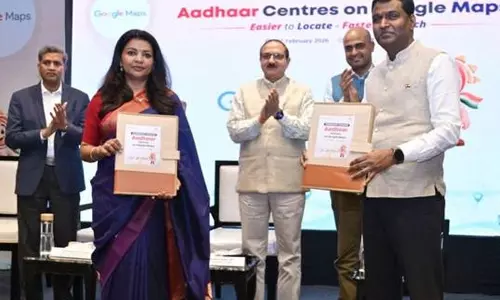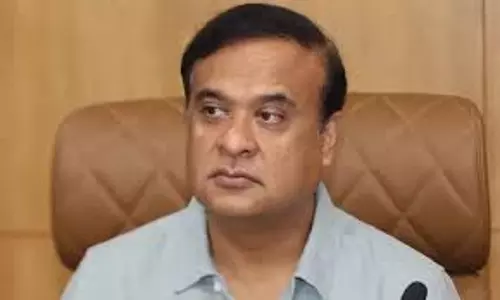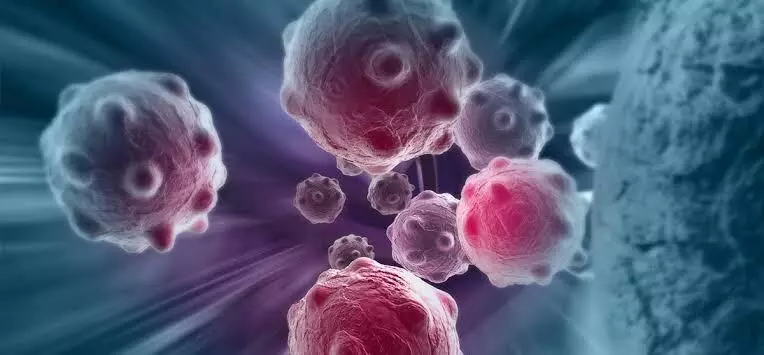
IIT-Madras develops AI-based mathematical model to spot cancer-causing mutations
text_fieldsChennai: Indian Institute of Technology Madras Researchers has developed an artificial intelligence-based mathematical model to identify cancer-causing alterations in cells as per an IANS report.
The algorithm uses a relatively unexplored technique of leveraging DNA composition to pinpoint genetic alterations responsible for cancer progression.
The research was led by Prof B Ravindran, Head, RBCDSAI, and Mindtree Faculty Fellow IIT Madras and Dr Karthik Raman, Faculty Member, Robert Bosch Centre for Data Science and AI (RBCDSAI), IIT Madras, and also the Coordinator, Centre for Integrative Biology and Systems Medicine (IBSE), IIT Madras.
Shayantan Banerjee, a Master's Student at IIT Madras, performed the experiments and analysed the data.
The results have been recently published in the reputed peer-reviewed International Journal Cancers.
Understanding the underlying mechanism of these alterations will help identify the most appropriate treatment strategy for a patient in an approach known as 'precision oncology'.
"One of the major challenges faced by cancer researchers involves the differentiation between the relatively small number of 'driver' mutations that enable the cancer cells to grow and the large number of 'passenger' mutations that do not have any effect on the progression of the disease, said Prof B. Ravindran, Head, Robert Bosch Centre for Data Science and AI (RBCDSAI), IIT Madras, in a statement.
In this study, the researchers decided to look at this problem from a different perspective. The main goal was to discover patterns in the DNA sequences -- made up of four letters, or bases, A, T, G and C surrounding a particular site of alteration.
The underlying hypothesis was that these patterns would be unique to individual types of mutations -- drivers and passengers, and therefore could be modelled mathematically to distinguish between the two classes.
Using sophisticated AI techniques, the researchers developed a novel prediction algorithm, NBDriver and tested its performance on several open-source cancer mutation datasets.
"Our model could distinguish between well-studied drivers and passenger mutations from cancer genes with an accuracy of 89 per cent. Furthermore, combining the predictions from NBDriver and three other commonly used driver prediction algorithms resulted in an accuracy of 95 per cent, significantly outperforming existing models," Ravindran said.
In addition, "NBDriver could accurately identify 85 per cent of the rare driver mutations from patients diagnosed with Glioblastoma Multiforme (GBM), a particularly aggressive type of cancer affecting the brain or spine," said Karthik Raman, Associate Professor, Department of Biotechnology, Bhupat and Jyoti Mehta School of Biosciences, IIT Madras.
NBDriver is available publicly and can be used to obtain predictions on any user-defined set of mutations. In short, given a new mutation and its surrounding DNA makeup, one would be able to predict its class -- driver or passenger.























